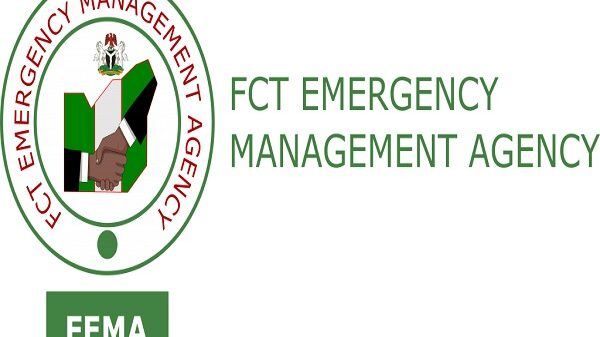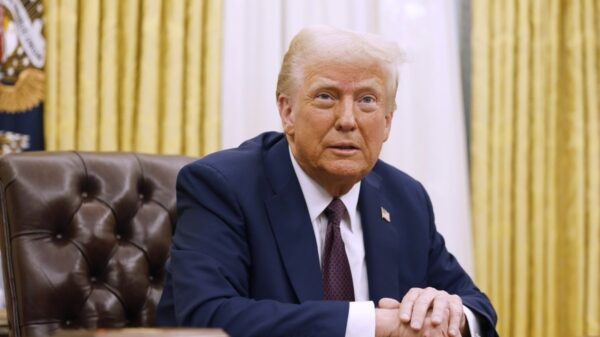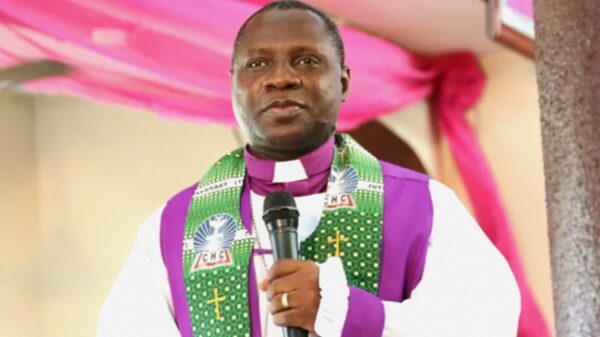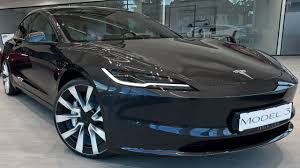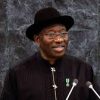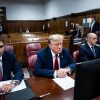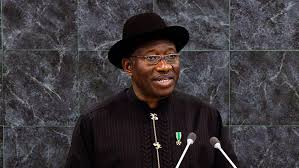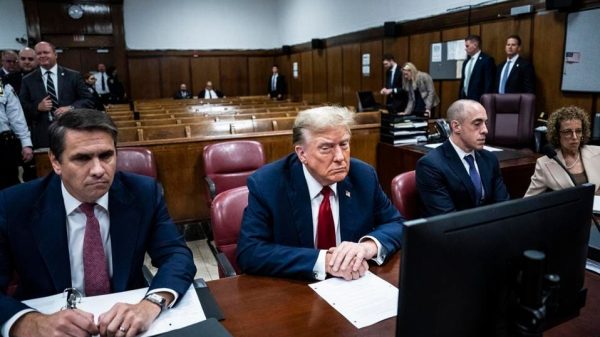Zeekr Unveils Groundbreaking EV Battery, Surpassing Tesla and BYD with Record-Breaking Charging Speed
Chinese automaker Zeekr has made headlines by introducing a new electric vehicle (EV) battery that charges faster than those from any of its competitors, including industry leaders Tesla and BYD. The company claims its cutting-edge batteries can charge from 10% to 80% in just 10.5 minutes using its ultra-fast charging stations, setting a new benchmark in the EV industry.
This rapid charging capability significantly outpaces Tesla’s Model 3, which, according to Tesla, can gain 175 miles (282 km) of range in 15 minutes—less than half the vehicle’s total range. Zeekr’s upcoming 2025 007 sedan, set to launch next week, will be the first vehicle to feature this innovative battery technology.
The new battery also boasts impressive performance in cold weather, charging from 10% to 80% in under 30 minutes even at temperatures as low as -10°C. Despite reaching out, BBC News did not receive immediate responses from Tesla or BYD regarding Zeekr’s claims.
Industry experts are taking Zeekr’s advancements seriously. Tu Le, founder and managing director of Sino Auto Insights, noted that Tesla’s charging technology is no longer at the forefront and that Zeekr’s claims are credible. Even if Zeekr’s battery isn’t the absolute fastest, it is certainly among the leaders in the industry.
Mark Rainford, a China-based automotive analyst, highlighted the fierce competition in China’s EV market. While brands like BYD are focusing on scaling and sales, companies like Zeekr, Li Auto, and Nio are striving to enhance the charging experience. Rainford also emphasized Zeekr’s advantage as part of Geely, a vertically integrated automotive giant that also owns brands like Lotus and Volvo.
Zeekr recently made its debut on the New York Stock Exchange, becoming the first major Chinese company to list in the U.S. since 2021. However, the company’s shares are currently trading 27% below the price set during its initial public offering (IPO), indicating challenges in the market despite its technological breakthroughs.
This listing occurred just days before the Biden administration introduced substantial tariff hikes on Chinese-made electric vehicles, solar panels, steel, and other goods. The White House announced these measures, which included a 100% border tax on Chinese EVs, as a response to what it described as unfair trade practices, aiming to protect U.S. jobs. Officials in the U.S., the European Union, and other major automotive markets have increasingly voiced concerns over the rapid expansion of Chinese EV manufacturers into global markets.


